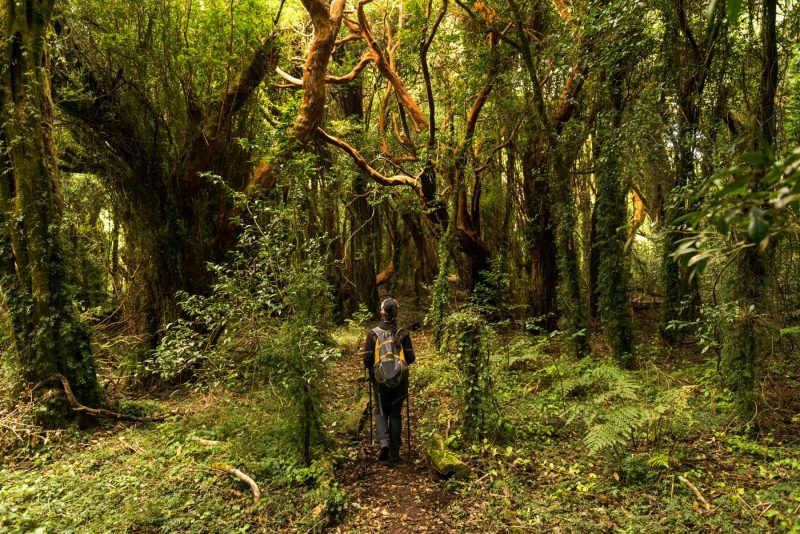
Chile was once again recognized as a leader in the industry, winning the World’s Leading Green Destination 2022 award at the 29th version of the World Travel Awards (WTA), the most important award in the global travel industry.
The awards, also known as the Oscars of Tourism, highlighted our country for the promotion of nature destinations, together with the planning, development and promotion of responsible and environmentally sustainable tourism experiences.
This is the third time in history that Chile has been recognized as the World’s Best Green Destination, as Chile had already obtained it in 2019 and 2020. On this occasion, Chile beat Peru, Ecuador, Madagascar, and Norway in the category.
“As a government we are very happy for this recognition. This reinforces our commitment to continue developing a green and sustainable tourism industry, promoting rural tourism and experiences that support local communities, respect the diversity of flora and fauna and work to preserve our country’s natural heritage,” said Verónica Kunze, Undersecretary of Tourism.
On her behalf , the Sernatur Acting National Director, Beatriz Román emphasized that “sustainability is now a real and concrete commitment in the country’s tourism strategy, so having been crowned the Best Green Destination at the WTAs worldwide is the result the joint effort that we have carried out in association with the sector. Chile stands out not only for its natural attributes, but also for the experience provided by a sustainable offer that has been consolidated for being inclusive, innovative, and sustainable”.
The World’s Best Green Destination is one of three other awards given to Chile during 2022: Best Destination, Best Romantic Destination and Best Adventure Tourism Destination, all at South American level, and in total, 27 awards have been given to our country by the World Travel Awards since 2015.
National Tourism Strategy
Based on sustainability, Chile’s National Tourism Strategy 2022 – 2025 has a “green” approach within its pillars, aiming for the country to continue its global leadership in this area.
This roadmap for tourism development seeks to ensure that national destinations – as well as being decentralized, inclusive and gender-equal, with community participation – include in their guidelines initiatives and efforts to combat climate change, in addition to the protection of natural areas of great importance for the planet’s biodiversity.
Along the same lines, the First Seminar on Climate Change and Tourism was held in October at the National Directorate of Sernatur, where the challenges and opportunities faced by the industry in environmental matters were presented. The event organized by the Undersecretary of Tourism and Sernatur also addressed issues related to climate projections and adaptation practices in the mountain and glacier tourism panel, the challenges to face the climate crisis in coastal areas in the coastal and ocean tourism panel and resilience to climate change from the indigenous world point of view and community work in the rural and indigenous tourism panel.
Sustainable Sanitation Systems
Another of the initiatives implemented in Chile – Best Green Destination 2022 – is the “Sustainable Sanitation Systems” project, an innovation to combat water scarcity and the water crisis, whose pilot program is directly benefiting women tourism entrepreneurs in rural areas in the country.
Among the tourist services that will benefit from this initiative are lodging, guided tours, local cuisine on dairy farms and traditional demonstrations. Furthermore, the www.solucionessanitariassustentables.cl website contains all the material compiled over more than three years of work, allowing us to learn more about the initiative, which is expected to expand to more entrepreneurs in the industry.
Sello S
Finally, one of the initiatives being promoted by Sernatur in the field of “Green Tourism” is that companies in the sector should be certified with the “Sello S”, the Sustainable Tourism Distinction.
This certification has evaluation criteria based on those defined by the Global Sustainable Tourism Council, an international organization and world reference in accreditation and promotion of sustainable tourism practices linked to the World Tourism Organization.













